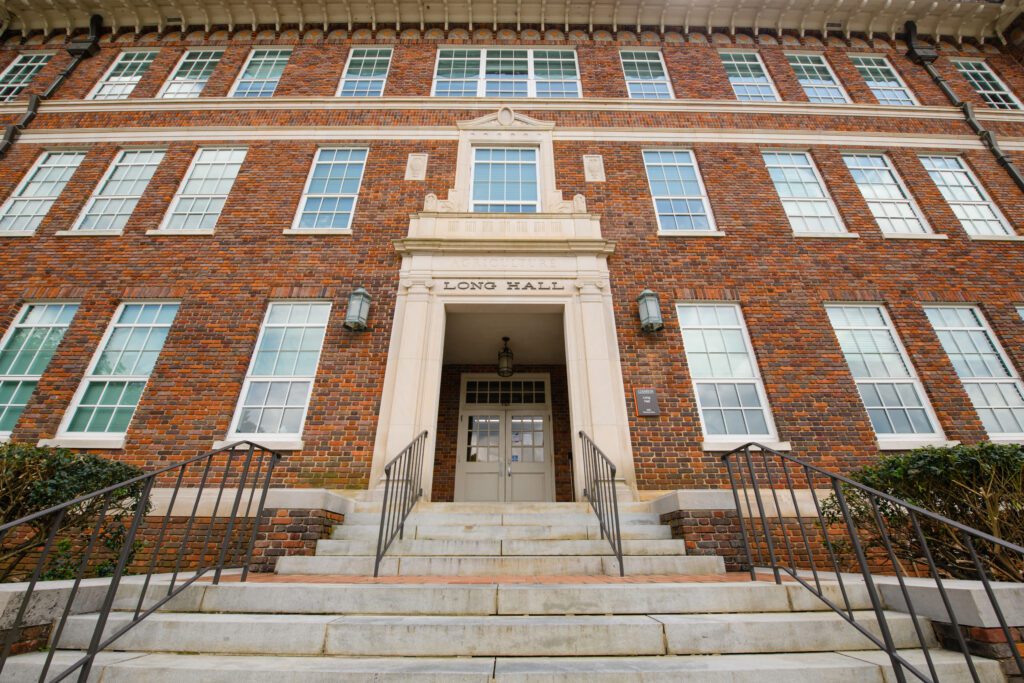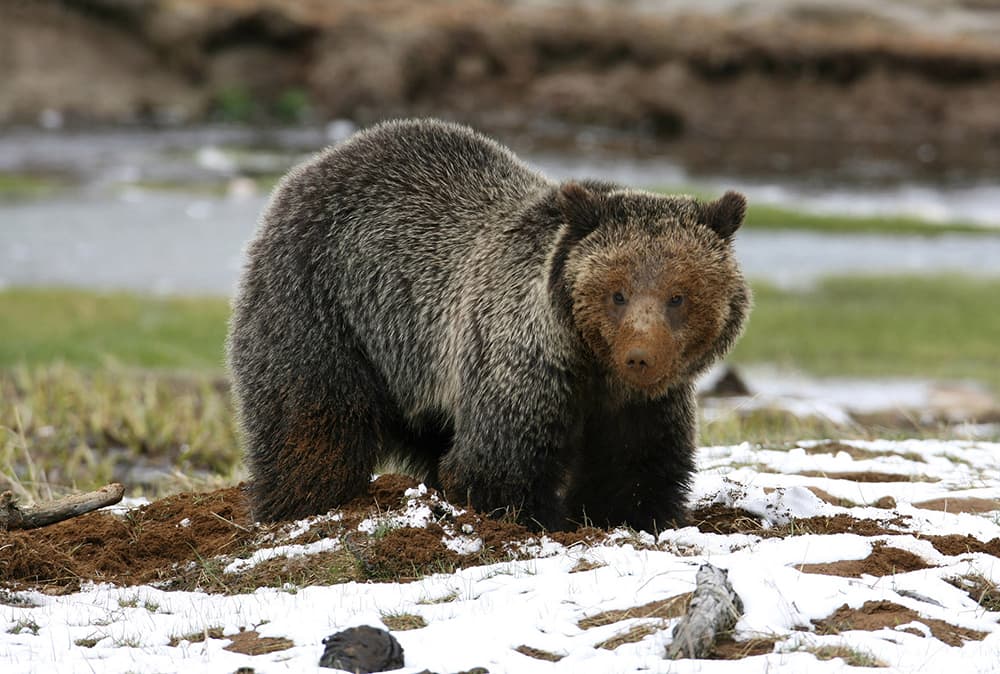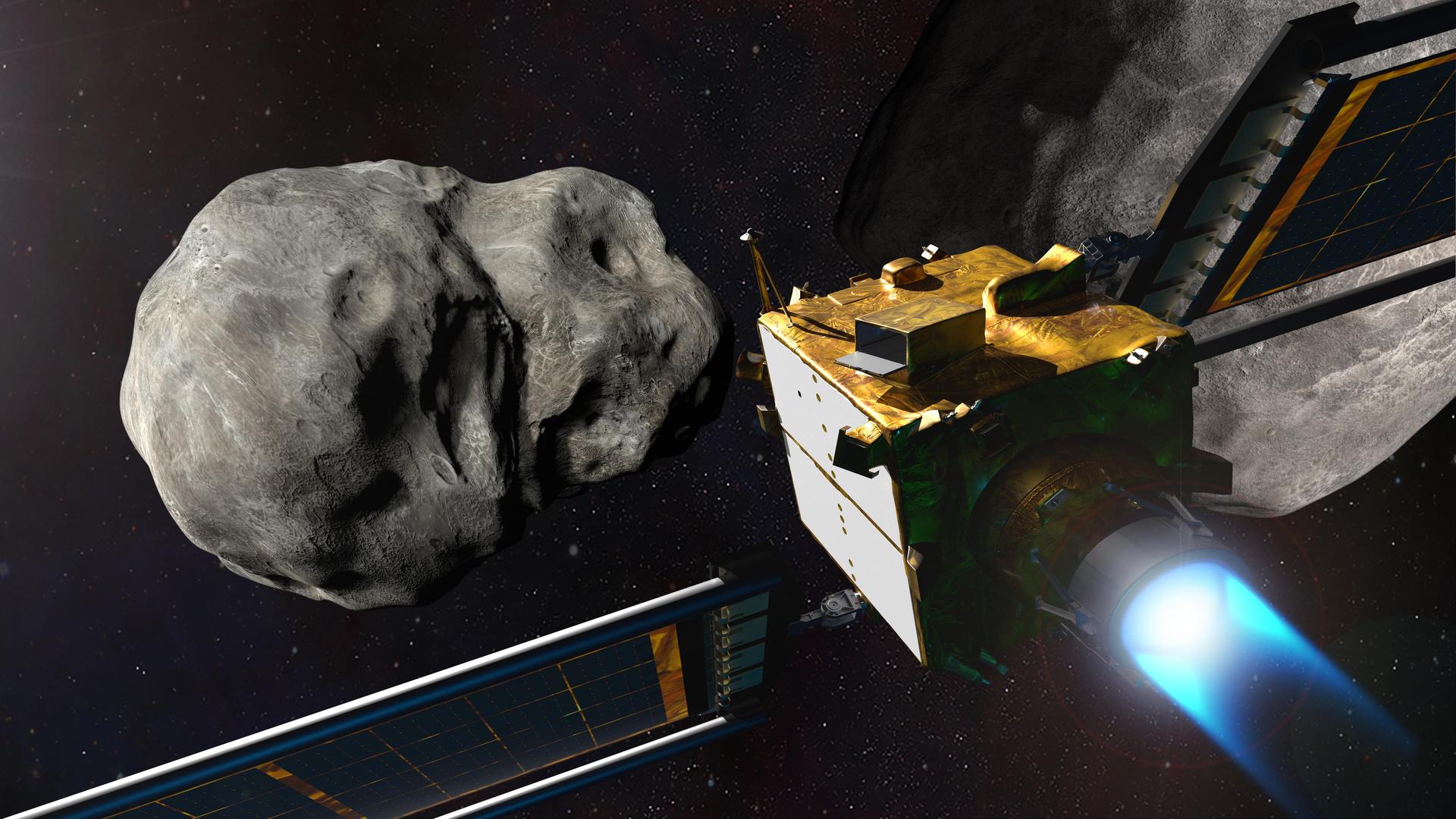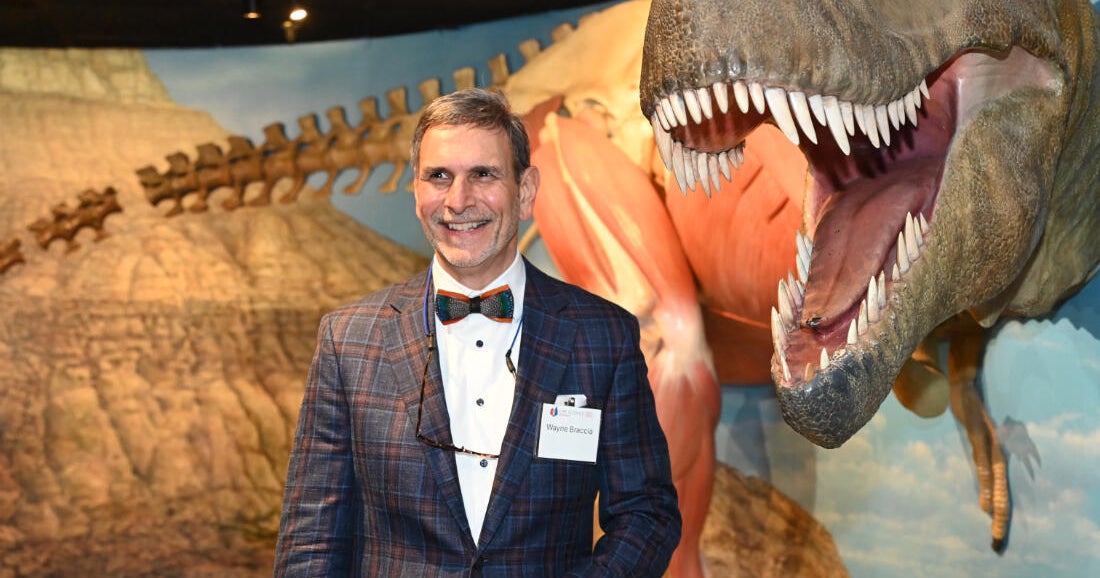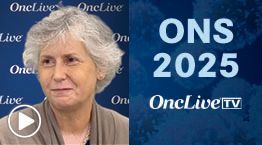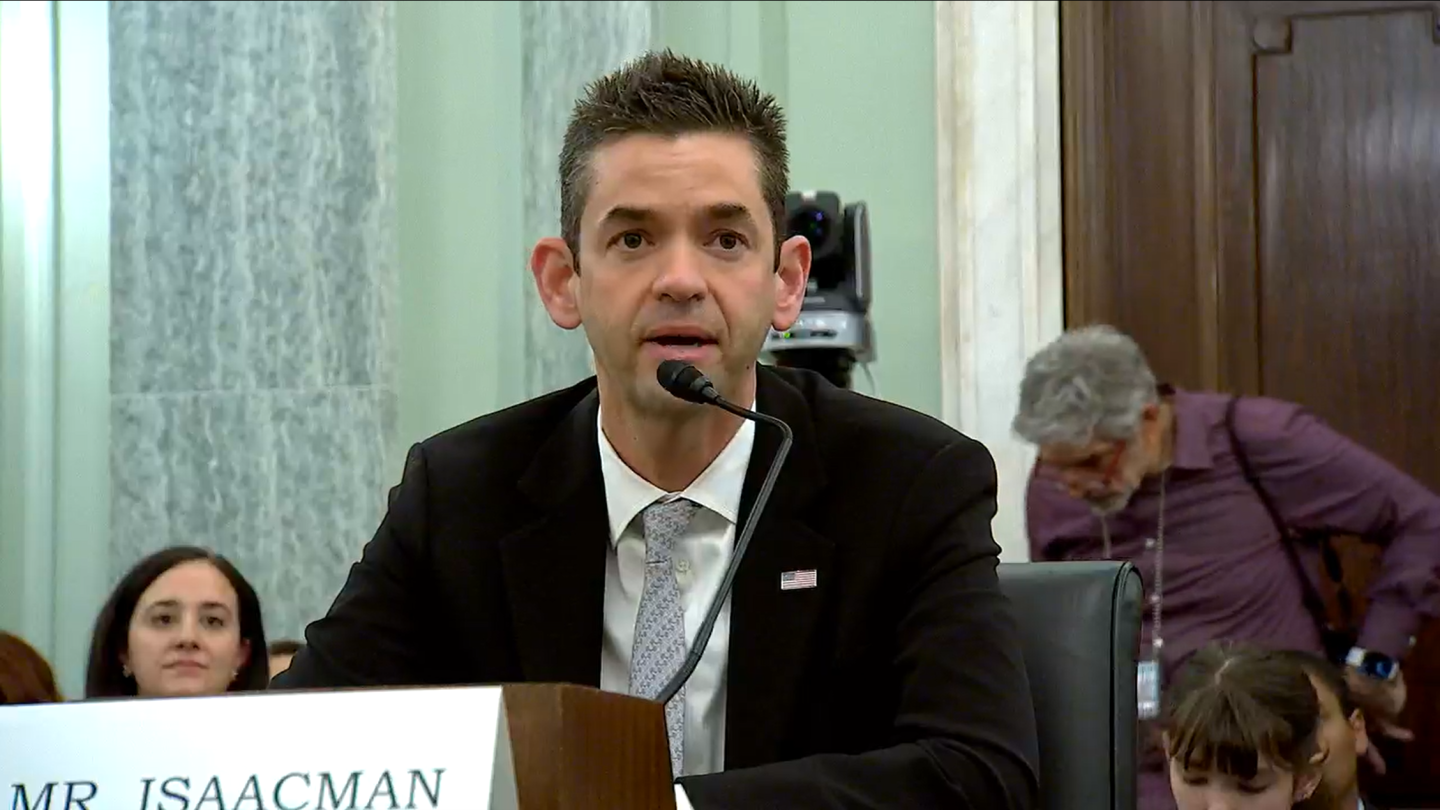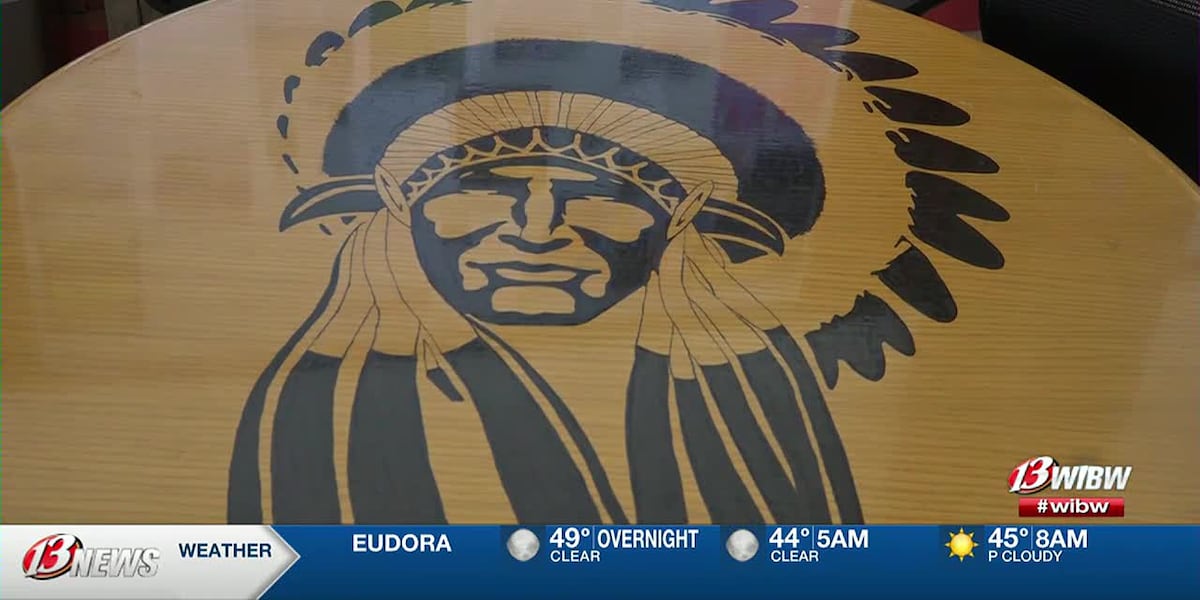
Science Students Speak Out: KU and Haskell Researchers Decry OASiS Program Cuts
Empowering Scientific Potential: KU's Office for Advancing Success in Science The University of Kansas has established a groundbreaking initiative called OASiS (Office for Advancing Success in Science), a dynamic hub of scientific support that extends its reach beyond campus boundaries. This innovative program leverages five federally funded training programs designed to nurture and support promising students from the University of Kansas and neighboring institutions like Haskell Indian Nations University. By providing comprehensive resources, mentorship, and research opportunities, OASiS is committed to breaking down barriers and creating pathways for aspiring scientists from diverse backgrounds. The program stands as a testament to KU's dedication to fostering academic excellence and promoting inclusivity in scientific education and research.


